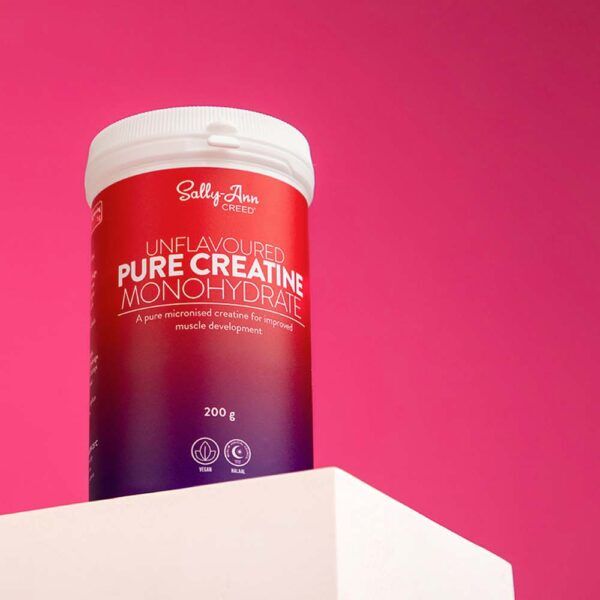While the world experiences what is being termed a ‘second wave’ – and in some parts a third wave. We are hoping that doesn’t happen here in South Africa. Vitamin D3 sufficiency is one small way to improve your immune system. Sadly we seldom get enough from the sun to protect us so supplementing is a valuable form of insurance.
Vitamin D deficiency has now been shown to increase susceptibility to COVID-19 and increase the risk of COVID-19 severity. Conversely, other published studies have shown those with higher vitamin D levels (over 30 ng/ml or 75 nmol/L) have a reduced risk of severe symptoms and death due to COVID-19. In fact, an analysis of over 190,000 Americans was done. It found that having vitamin D levels of AT LEAST 50 ng/ml resulted in a 53% lower positivity rate than those whose levels were less than 20 ng/ml. The first-published randomized controlled trial on vitamin D and COVID-19 found adding vitamin D3 to the standard treatment nearly eliminated ICU admissions and did eliminate deaths.
It sounds almost too good to be true… Yet vitamin D is known to influence the expression of thousands of genes. It is also involved in regulating over 80 biological pathways in the body. Vitamin D3 is not a miracle drug nor does it act alone. It is an important mediator of immune function and we can largely control whether or not we get enough vitamin D from our daily intake.
Our Vitamin D3 Premium is an excellent product to take as a precaution and as overall health insurance – see here https://sallyanncreed.co.za/product/vitamin-d3-premium/ for the best vitamin D3 supplement on the SA market by far.
Disclaimer
You can simply click on the name of each product mentioned above (in bold) and a hyperlink will take you directly to the product for an easy purchase.
Originally published on https://www.facebook.com/SallyAnnCreedSA/ in 2020.

